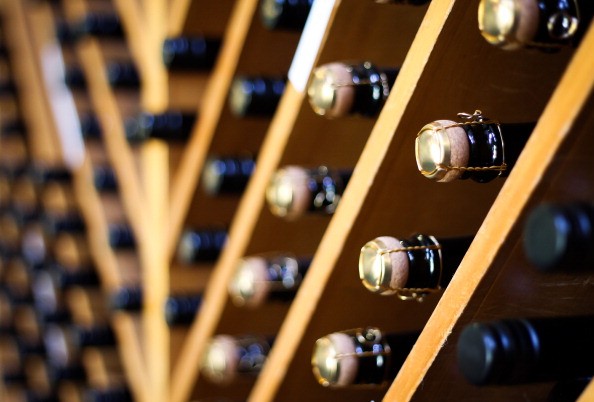It is indeed a happy new year for Australian exporters as tariffs have been reduced under the Chinese-Australia Free Trade Agreement starting Jan. 1.
The tariff decrease applies to a wide range of products from military weapons to plastic flowers.
According to Australia's ABC News, fees for military weapons including rocket launchers, flamethrowers, grenade launchers, torpedo tubes and similar projectors have gone down from 7.8 percent to 5.2 percent.
Fake plastic flowers now have a tax of 8 percent, while it is 9.6 percent for silk flowers.
Also included in the list are Arabian robes which are made out of cotton. Makers of these garments have to pay a 6.4 percent tax instead of 9.6 percent.
For human hair exports, China collects a fee of 6 percent. This is 3 percent lower than the previous rate.
From 12 percent, the tariff for beddings stuffed with animal hair has decreased to 8 percent. This also applies to the animal hair industry including pig, hog, boar, badger and weasel tail hair.
The reduced tariff also encompasses the live animal, frozen meat and wine industries.
The China-Australia Free Trade Agreement (ChAFTA) became effective on 20 Dec. 2015. Australia considers it as a historic foundation for its next phase of economic relationship with China which is its largest export market for goods and services.
Australia sends to China nearly one-third of its total exports.
"China, with its population of 1.4 billion people and rapidly rising middle class, presents enormous opportunities for Australian businesses well into the future", said Andrew Robb, Australia's Minister for Trade and Investment and signatory to ChAFTA, as reported on the website of the Australian Trade and Investment Commission.



























